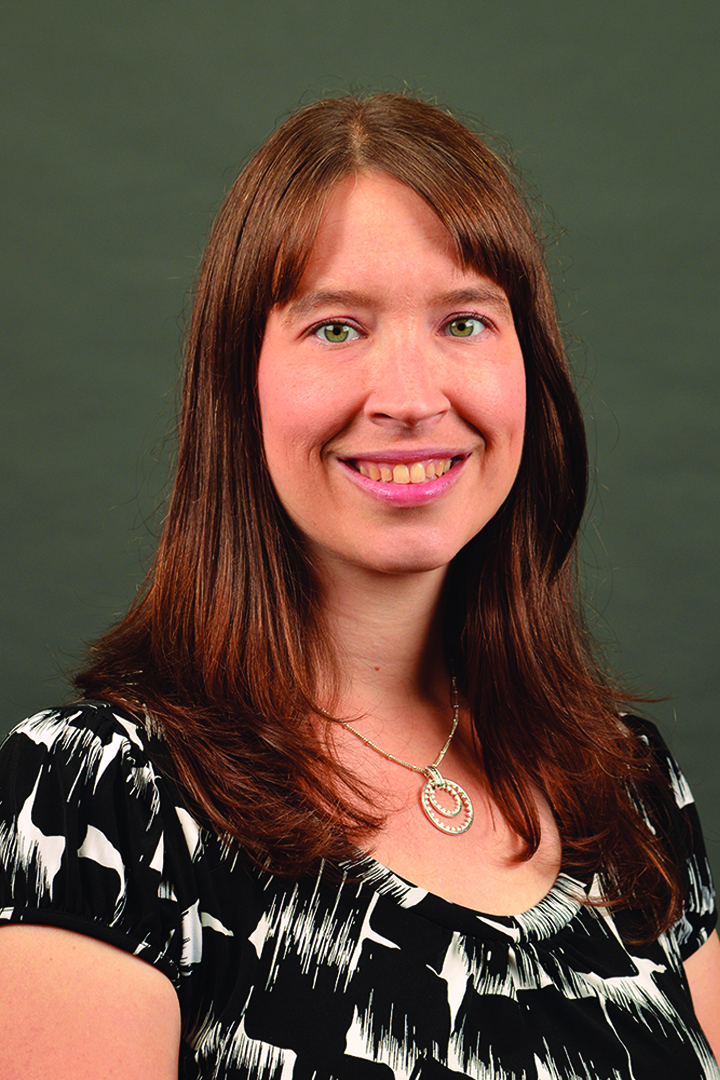You know how difficult it can be to create a plan that improves learning and success for all students in high-enrollment courses. The Gateway Course Experience® redesign, an evidence-based process that supports teaching, learning, success, completion, and retention, can help your faculty improve student success. This process has proven success and is perfect for institutions that want to create and implement a plan that boosts student success in these critical courses.
You’ll appreciate the immediate and tangible results of the program. With targeted planning and strategic actions, the Course Redesign process will ensure better success, completion, and retention for your low-income, first-generation, and historically underrepresented students.
Empower your students and institution by implementing Course Redesign in your high-enrollment courses. See how it can open the gateway to greater learning and success for all students.
Faculty involved in the Course Redesign process receive on-going support through a network of faculty, from across the country, Gardner Institute staff, faculty development colleagues from their institution, and nationally recognized teaching and learning experts (Teaching and Learning Community Fellows), through meetings, webinars, online discussions, and a large community of practice.
By revising your course curriculum and approach to teaching, you can create a more inclusive learning environment with the potential to increase student learning and performance. This has the power to significantly affect the outcome of learning, while also resulting in greater retention and completion rates for all students.
With a focus on high-enrollment courses that historically have high rates of D, Fail, Withdraw, or Incomplete grades, and using an integrated, evidence-based, multi-year approach, this process has the potential to impact the learning and success of a large number of undergraduate students who enroll in these courses, and over time, all undergraduate students have the potential to be positively affected.
Our team is dedicated to supporting institutions in developing and implementing plans that support student success in the institution’s unique context. We provide guidance on establishing a task force, offer feedback throughout the self-study process, and support implementation to promote sustained student success. Our focus is on developing high-quality student support and academic programs to help guarantee that students are well-prepared to progress beyond their gateway courses.
An experienced and dedicated Gardner Institute advisor assigned to your institution from the onset will guide and monitor the entire Course Redesign Process
The following indicators of success have been collected from institution-specific analyses that examine outcomes associated with “G2C transformed” courses to date. Outcomes to date include:
Some examples of these outcomes are discussed in this report.
The Course Redesign process begins with Analyze and Plan in Year One and involves using the tools provided to engage faculty and staff in an institutional self-study process that will identify the opportunities and conditions necessary for change. At the end of this first year, a Comprehensive Institutional Report and Action Plan will be developed by representatives from the Course-Specific Committees.
In this phase, faculty and staff begin to take action on the recommendations that came from the Comprehensive Institutional Report and Action Plan developed in Year One. Understanding that course transformation, as well as changes to policies and procedures require time, this year is crucial to both piloting course transformation and changes, and going through the governance processes, as necessary, to make changes to policies and procedures. Data will continue to be collected to monitor progress and early outcomes, faculty and staff will continue to participate in face-to-face meetings, as well as online webinars, and discussions with the Course Redesign Community of Practice.
During Year Three, institutions will continue to implement the recommendations and actions identified in Year One, and collect and use data to make refinements. Once faculty and staff have an understanding of what is working and why they will consider opportunities to extend the project to include additional gateway courses. Faculty and staff will also continue to participate in the ongoing meetings and support offered through the Gardner Institute, and identify outlets for scholarly work related to their Course Redesign process.
Now, accepting applications on a rolling basis. Your start date will be customized for your institution.
Fees are based on undergraduate enrollment as reported to College Navigator.
Email Info@gardnerinstitute.org for more information.
The Teaching and Learning Community is included in the Course Redesign Process.

Everyone that has participated in Gateways to Completion has grown as an individual and learned. And me more as the liaison for all these years, it's been completely life changing, career altering for me to participate. I went into it skeptical, but now I'm glad that I came to this place."
Katie Easley
Director, Student Success, Merze Tate College, Western Michigan University
August 26, 2024- Brent Drake and Stephanie M. Foote co-author “Approaches to Gateway Course Redesign” the Strong Start to Finish Blog
The two volumes of peer-reviewed case studies in this anthology series represent the collective work of faculty and staff involved in the Gateways to Completion process in the University System of Georgia, Capital University, Eastern Michigan University, Western Michigan University, and the University of Central Arkansas. While some of the course redesigns documented in these case studies began before the global pandemic, it is important to note that some of the work occurred between 2020-21.
To access a complete list of case studies in both anthologies please click here.